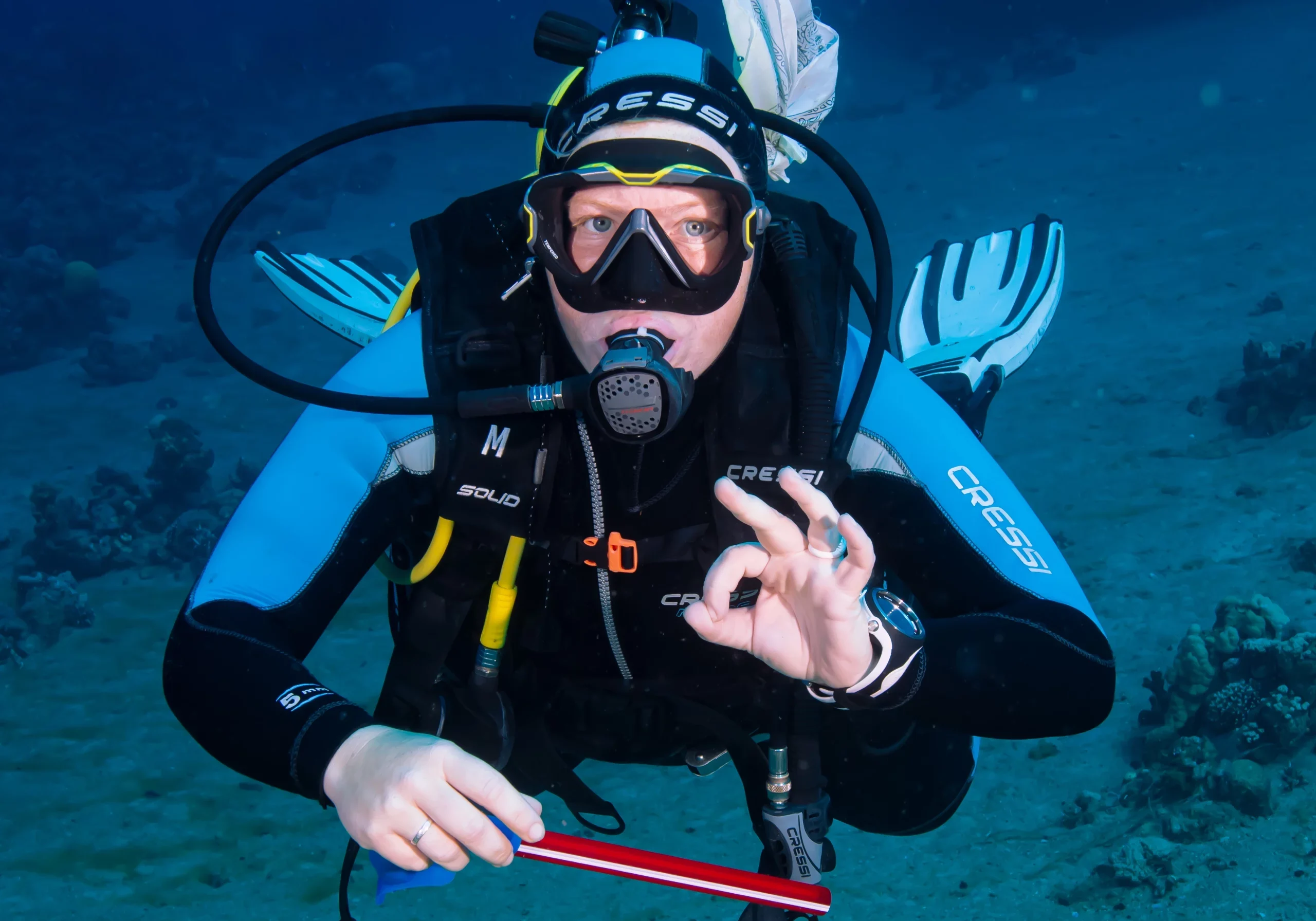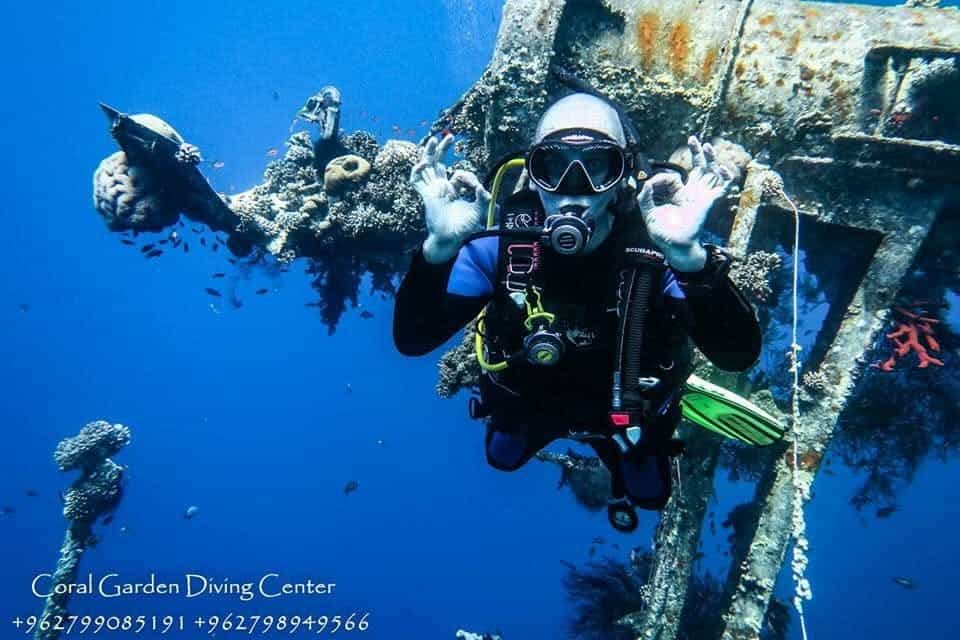TEN TIPS FOR NEW DIVERS
Here are ten tips for new divers we’ve discovered to make each of your dives better than the last.
1. BUY A PROPERLY FITTING MASK
As for most divers, introduction to diving involved a rental mask, which meant a lot of leaking and constant clearing. Until you become comfortable performing a mask clear, this can be stressful. Maybe you will spend a fair amount of time at the dive shop trying out every mask, and now that you have found one you like, water in your mask is one less thing to worry about. Check our scuba store
2. LEARN PROPER BUOYANCY CONTROL
Observe the experienced divers and see what they’re doing with their arms — you don’t want to look like you’re trying to direct air traffic underwater. Not only does it waste energy and therefore your finite cylinder air, but it also scares off the wildlife. Once you become better at my buoyancy control, you will be able to get closer to the fish. Enroll for the PADI and SDI Peak Buoyancy Performance course with us!
3. KNOW YOUR LIMITS
It’s your dive. Stay within your comfort zone and don’t do anything you’re not comfortable with. Never be afraid to hold up your group in order to address an issue; everyone will understand.

4. KEEP HYDRATED
You should be drinking plenty of water during any type of scuba diving experience. This is especially so in a hot and humid place like Aqaba. Sometimes people tend to forget Scuba diving is an active sport and they don’t drink enough water. You must remember the air you will breathe on scuba is quite dry. This also affects your dehydration.
5. SWIM WITH YOUR LEGS
When we swim normally we use both our legs and arms in combination but when scuba diving we wear fins, meaning the most efficient way of travelling is just too simply kick. Using your hands will cause you to expel more energy and use your air supply quicker. Try to tuck your arms away or hold them by your side to create a more streamlined figure. Have a look at how your instructor positions them self during a dive and copy.
6. STOP YOUR MASK FOGGING
If your mask is new, rub toothpaste on the inside to reduce fogging. If the mask isn’t new, spit on the inside to reduce fogging and improve clarity of vision underwater. You don't want to miss a lesser-spotted sea creature.

7. RELAX
8. LISTEN TO DIVE BRIEFING
Before each dive, a divemaster will give a briefing or overview of the dive conditions, what marine life you sill see and the route you will take. At the end of the brief, ask questions if you have them, there are no lame questions! It’s better to get the answers to your questions so you are more prepared prior to the dive.
9. DON'T TOUCH ANYTHING
Despite what you see in documentaries, the basic rule in the sea is to look but not to touch. Even if you feel like it. There are fish, and seaweed… that you do not know and that may not be as harmless as you think. Be cautious.
10. SNORKELING AND SWIMMING
Some people want to scuba dive but barely know how to swim. You must feel secure in this new environment. Swim, snorkel, dive deep and spend hours in the water. Having that experience will make you feel more secure and relaxed when you go scuba diving.
And at the end...Listen to your instructor. During the first few days, your instructor will be almost the most important person in your life. Pay attention to him/her and everything will be all right.
Following these ten tips for new divers and, specially, the ones your instructor gives you, you’ll be prepared to for your first dive in the open sea.
The famous Captain Nemo already said it: “The sea is everything. It covers seven-tenths of the terrestrial globe. Its breath is pure and healthy. It is an immense desert where man is never alone, for he feels life quivering around him on every side. The sea is only the medium of a preternatural and wonderful existence.”

